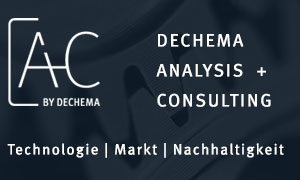Invitation
The main objective and promise of Functional Genomics is to foster in-depth understanding of the processes that make up a living organism. How are genome and phenotyp related? What about the function of each and every gene and gene product? Answering these questions will lead to new bio-medical and pharmacological applications as well as biosynthetic and biotechnical developments. For these ambitious goals, functional genomics uses a range of multiplex and high-throughput techniques, both at the nucleic acid and the protein level, and the quantity of valuable data generated is growing rapidly.
The continuously increasing knowledge and data basis in the "-omics" field offers new prospects for the development of disease- or pathogen-specific biomarkers. Molecular diagnostics using such biomarkers provides the opportunity for early recognition of diseases combined with high sensitivity. However, the development of reliable diagnostic and prognostic markers and their validation is still a challenge.
Powerful tools like next generation sequencing will foster progress. With next generation sequencing genomic data are generated better, faster and cheaper. Different systems and technologies are emerg-ing; both throughput and accuracy are main targets for improvement. Next generation sequencing opens the door to new diagnostic and prognostic applications and specific treatment selection.
The Functional Genomics and Proteomics seminar, successor of Status Seminar Chip Technologies, will highlight new applications, advances in molecular diagnostics and latest trends in next generation sequencing. Scientific lectures, posters and the exhibition will showcase today's technology and an outlook on the future.
Scientific Committee
Malte Buchholz, Marburg University Hospital
Thomas Gress, Marburg University Hospital
Thomas Herget, Merck KGaA, Darmstadt
Martin Hrabĕ de Angelis, German Research Center for Environmental Health, Munich & TU München
Jörg D. Hoheisel, German Cancer Research Center, Heidelberg (Coordinator)
Thomas Joos, NMI Natural and Medical Sciences Institute, Reutlingen
Karin Tiemann, DECHEMA e. V., Frankfurt am Main

